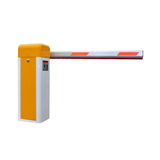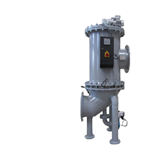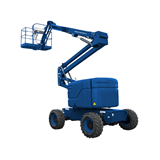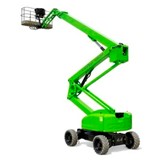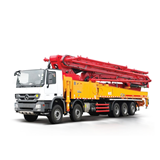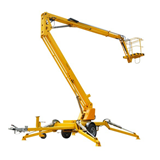Baby boomers currently make up about 22 per cent of Australia's population. The generation, which comprises those born between 1946 and 1964, are often seen as having high disposable incomes due to lives of hard work and solid property investments. Business information analysts at IBISWorld have identified industries that stand to gain the most from more baby boomers entering retirement.
Retirees aged over 45 are estimated to receive 15 per cent of their incomes from superannuation, with investments accounting for 14 per cent of income and government pensions accounting for 66 per cent.
Profiting from property
Housing ownership in Australia is higher among baby boomers than in any other demographic, and the rapid growth in property prices over the past 20 years has turned their homes into huge assets. Home ownership among the over-65s is around 82.8 per cent compared with 67.5 per cent across all households.
While many among the boomer generation rely on a pension for daily income, the residential home is not counted in pension asset tests. According to IBISWorld Australia general manager Karen Dobie, many boomers are sitting on significant wealth while drawing a pension.
"Currently, a retiree investing all of their superannuation into housing can access the pension, while another retiree opting to rent will have to live off their superannuation. This is encouraging those who do not own houses to purchase property and those that already do to upgrade to more expensive properties to stay under the asset limit", said Dobie.
This will drive activity in the real estate sector as boomers either sell the family home to purchase property closer to the city, coast or country, or upgrade to a pricier model.
High demand for health care
Demand for healthcare services will rise as the boomers age and look to boost their quality of life and life expectancies.
"Advances in medical technology have pushed up demand for expensive cures and treatments, which are largely funded by the government," said Dobie.
"Older people are responsible for a disproportionately large share of healthcare expenditure, and as the baby boomers age, healthcare spending will rise faster than ever before."
For example, people aged 65 and over account for 35.9 per cent of Medicare-subsidised diagnostic imaging revenue despite comprising only 14.2 per cent of the population, with CT scans and nuclear medicine procedures especially geared towards older patients.
Dobie continued: "This may lead to the government changing the way health care is funded, possibly by means testing. This will drive up the Medicare levy and lead to charges for services that are currently free. It could also lead to a refusal to fund expensive procedures and prioritising younger patients. The alternative will be to cut other government services to raise the amount of money allocated to healthcare. However, these moves are unlikely to be popular with the Australian population."
On the road again
Travel service providers, especially cruise ship and caravan park operators, are enjoying a surge in activity from baby boomers keen to spend their hard-earned cash while they are in good health.
More 'grey nomads' are hitting the open road, which is boosting revenue for the caravan parks and camping grounds industry. The industry is forecast to grow at an annualised 1.9 per cent over the five years through 2013-14 to $1.4 billion despite the number of camping grounds declining. Senior travellers currently account for 26.5 per cent of the industry's visitor nights - a figure IBISWorld expects will increase over the next decade.
Accommodating the ageing
Residential aged-care facilities and retirement villages are tipped to be key beneficiaries of the ageing population.
"We expect that the accommodation for the aged industry will be worth $6.9 billion in 2013-14 as a result of annualised growth of 6.4 per cent over the past five years", said Dobie.
Managing their money
As more baby boomers approach retirement age, superannuation and the changing financial services landscape will become hot topics - and a boon for those providing salient advice.
"Our ageing population will drive demand for financial services as superannuation funds become available. Baby boomers will also seek legal and tax advice to minimise superannuation tax, maximise pension incomes and prepare wills", said Dobie.
Over the five years through 2013-14, the financial planning and investment advice industry is forecast to rise at an annualised 2.6 per cent to total $4.4 billion. IBISWorld forecasts that the industry will grow at an annualised 4.0 per cent over the next five years as more superannuation is withdrawn for investment.
Generating jobs
IBISWorld expects that job opportunities will open up for younger people as more baby boomers hang up their work boots.
Dobie said that training would need to step up to ensure businesses could maintain skilled workers.
"Unemployment is likely to fall when more people retire, as younger unemployed people will take over the positions left open by older people leaving the workforce, but high immigration rates may offset this;" said Dobie.
"Immigrants entering the country on skilled visas may replace highly skilled baby boomers leaving the workforce rather than younger Australians."


